Petrochemical CrudeOil PlasticRecycling 15-12-2020 - Arhive
Petrochemical CrudeOil PlasticRecycling
Crude Oil Prices Trend

-Beiersdorf to use certified renewable polypropylene from SABIC’s TRUCIRCLE™ portfolio
SABIC, a global leader in the chemicals industry, has announced that Beiersdorf will be using certified renewable polypropylene (PP) from SABIC’s TRUCIRCLE™ portfolio of “second generation” bio-based materials in the skincare company’s cosmetics packaging.
The new packaging products will be introduced in the market in 2021 and replace fossil-based virgin PP.
SABIC’s certified renewable polymers, including various PP and polyethylene (PE) materials, are derived from animal-free and palm oil-free “‘second generation”’ renewable feedstock, such as tall oil waste from the wood pulping process in the paper industry, which is not in direct competition with human food and animal feed production sources.

-Arkema announces the divestment of its PMMA business to Trinseo
Arkema announces the proposed divestment of its PMMA business to Trinseo for an enterprise value of €1,137 million. Petrochemical CrudeOil PlasticRecycling
This project is a new step in the Group’s transformation, and is fully in line with Arkema’s ambition to become a pure Specialty Materials player by 2024
The offer values this activity at €1,137 million, i.e. 9.3 times estimated 2020 EBITDA
The project offers great development opportunities for the PMMA business over the long term

-Husky’s NexPET preform solution for multiple applications
Canadian machinery maker Husky Injection Molding Systems has launched its new NexPET system – a midvolume PET preform moulding solution purpose-built to help producers introduce multiple new applications into the market more quickly and cost-effectively.
The NexPET system is engineered to enable bot established and emerging producers be more competitive by better. Petrochemical CrudeOil PlasticRecycling
For established producers, NexPET delivers a solution to accommodate niche brands or smaller run SKUs. For emerging producers, it enables fast, low-risk entry into markets.
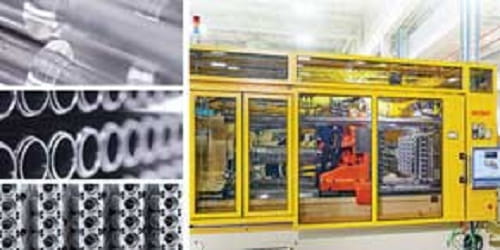
-Plastic waste: what’s new is old
Companies doing business in Europe may soon have to ensure their packaging contains a minimum amount of recycled plastic. But getting their hands on quality recycled materials in sufficient quantity is currently difficult.
When it comes to packaging, it seems like using secondary raw materials should be a no-brainer for companies. Rather than having to secure virgin raw materials, having access to the material you’ve already used in your packaging in order to make new packaging would be much easier. Petrochemical CrudeOil PlasticRecycling
That may be how it should work in theory, but today that’s not how it works in practice. Europe is not recycling enough plastic packaging to meet the demand for secondary raw materials. And that which is being recycled is often prohibitively expensive.
“Recycled PET [Polyethylene terephthalate] is right now two times the cost of virgin PET,” says Gabriel Thoumi, head of the plastics programme at Planet Tracker, a think-tank that has been looking at plastic manufacturing.
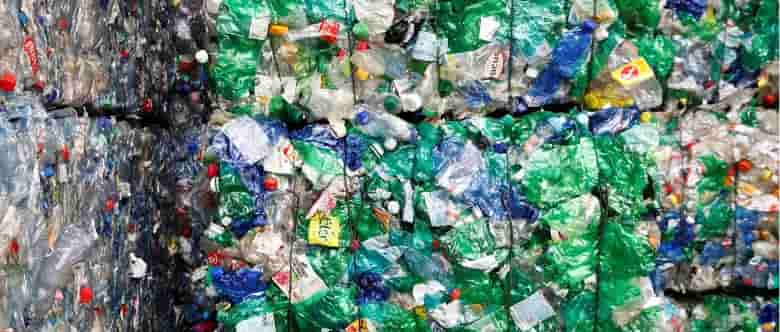
-Multilayer packaging with polyamide can be recycled
The multilayer structures are usually used in food packaging as a protective and preservative solution which helps to avoid the food waste. Despite of these kind of structures are often considered non-recyclable, high quality recycled materials can be obtained from multilayer polyamide packages. In fact, this kind of materials have been validated in the main transformation processes as extrusion and injection.
RELEVANCE OF THE MULTILAYER PACKAGING RECYCABILITY
Today, the multilayer flexible packages are a market trend into the food industry due to their good environmental features and competitive price. Their low weight, due to the small quantity of material needed to manufacture these packages, allow an easy transport. However, a key aspect to consider their use in this application is the recyclability after the use. The recycling of multi-material structures, where several plastics can be found, is a challenge, but it is possible either by traditional or by innovative methods (mechanical recycling, chemical recycling, etc). Petrochemical CrudeOil PlasticRecycling
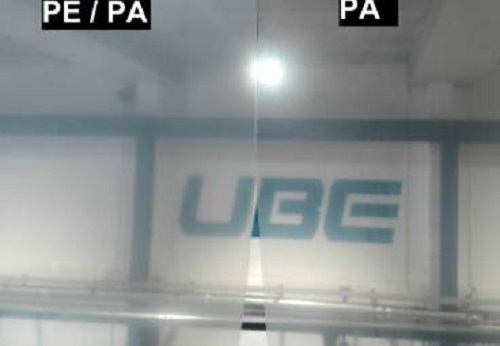
-Going Circular: Seize the opportunity in plastic recycling
Thanks to its versatility, plastic has become an indispensable part of our everyday world, offering customized solutions to a wide variety of products, applications and sectors.
However, its popularity 38484and versatility has also created a major global crisis: plastic waste. Petrochemical CrudeOil PlasticRecycling
According to Pew Charitable Trusts & SYSTEMIQ, mismanaged plastic waste will grow from 91 million metric tons in 2016 to 239 million metric tons by 2040. Plastic waste flows into the oceans are projected to nearly triple by 2040 to 29 million metric tons per year. Even worse, the cumulative amount of plastic stock in the oceans could grow by 450 million metric tons in the next 20 years — with severe impact on biodiversity and human health. At this rate, plastic is expected to outweigh all the fish in the ocean by 2050, according to the United Nations.
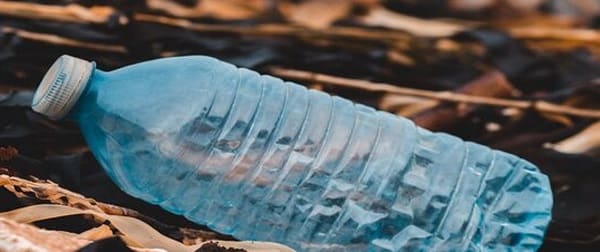
-I’M GREEN™ BIO-BASED & RECYCLED
I’m greenTM bio-based and recycled because I help to optimize the use of natural resources and post-consumer waste. Yes, I can be bio-based and recycled at the same time. Petrochemical CrudeOil PlasticRecycling
Part bio-based, part recycled: the purest expression of the circular future.
I’m greenTM bio-based & recycled resins are developed within the Circular Economy concept because they are based on working together with clients, partners, and society. It is partially composed of bio-based plastic made from sugarcane, which captures CO2, one of the primary causes of greenhouse gas. It also contains post-consumer resin made from recycled plastic waste, which is transformed into raw material for new applications in the production chain.
The development of these solutions responds to market trends, while considering important processes, such as the preliminary selection of raw materials, the product’s design, and its return to the production cycle through recycling. The result is innovative: products made from combining raw materials derived from renewable resources with post-consumer resins (PCR) obtained from recycled plastics.
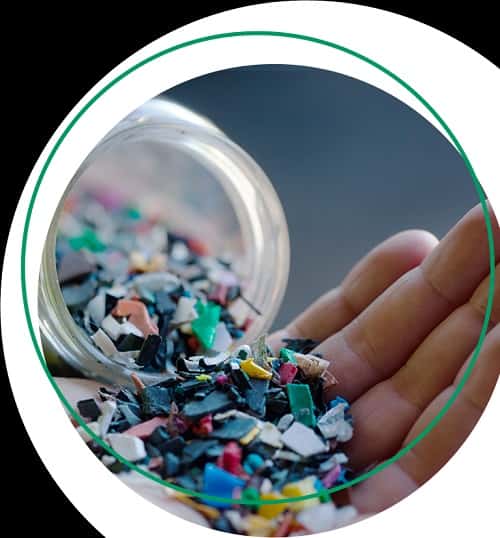
-TRUSTED EXPERTS. PROVEN MATERIALS. GLOBAL RESOURCES.
We believe in the shared industry mission to create ever-better vehicles for the world.
To contribute, our dedicated, global automotive team focuses on developing and providing the thermoplastic materials and expertise that enable our customers to keep pace with the ever-changing industry landscape and overcome their problems.
Our customers benefit from one of the most experienced, collaborative, and trusted group of automotive specialists of any supplier in the world.
They serve as dedicated advisors and provide the design expertise, advanced engineering analysis, and technical support that can help move our customers from initial concept to finished part, faster. Petrochemical CrudeOil PlasticRecycling

-CLEPA Materials Regulations Event will take place online on 4 and 5 May 2021
The automotive industry uses a large number of materials to build vehicles. These materials have evolved greatly over the decades, becoming more sophisticated, better built, and safer. Their use has evolved in parallel with the new automotive manufacturing technologies that now are increasingly using innovative ways.
CLEPA is pleased to bring together worldwide experts to discuss these, and other topics during the Materials Regulation Event. This event is the largest conference on Materials Regulation in Europe and therefore, one of the most eagerly awaited meetings of the industry every year. The upcoming 13th edition will be held online. Organised by CLEPA, along with the support of iPoint, it will take place on 4 and 5 May 2021.
The event is the ideal platform to discuss technical issues related to materials and the most recent legislative developments at European and international level. Considering the impact COVID-19 has had on a global scale, it is incumbent upon us in these crucial times to reflect on the driving forces of Europe’s economy. Petrochemical CrudeOil PlasticRecycling
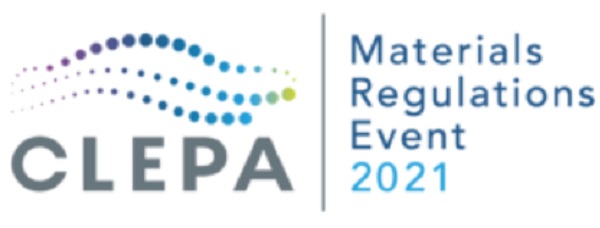
-Tri-Pack Films to invest Rs9 billion in capacity expansion
Move comes as part of a series of expansion projects the company has undertaken over the past several years
What is up with packaging companies all of a sudden investing in expanding their production capacity? To date: in a notice sent to the Pakistan Stock Exchange on December 2, film manufacturer Tri-Pack Films said that its board had approved investment in a new Biaxially Orientated Polypropylene (BOPP) film line. “The investment demonstrates the company’s commitment to ensure it caters to the increased demand of BOPP films in Pakistan,” the company said. Petrochemical CrudeOil PlasticRecycling
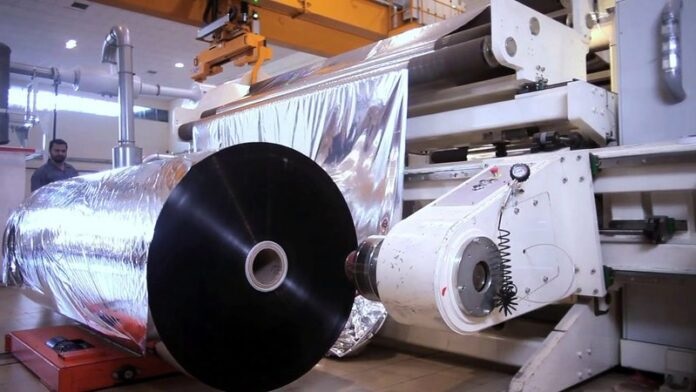
Petrochemical CrudeOil PlasticRecycling
